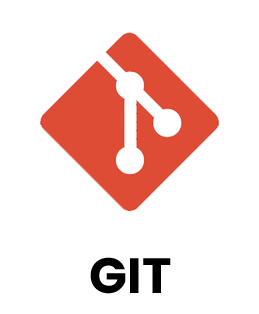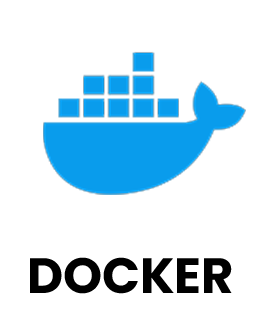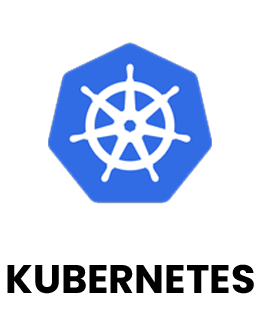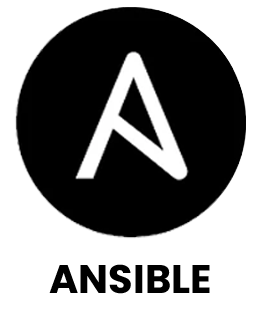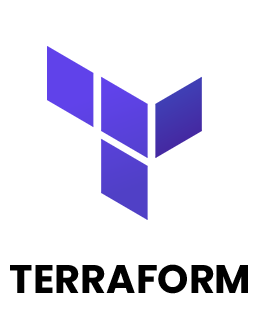1. What is your experience with Terraform, and how have you used it in your previous roles?
Ans:
Terraform is an open-source infrastructure as code software tool that provides a consistent CLI workflow to manage hundreds of cloud services. It allows users to define both cloud and on-premises resources using a declarative configuration language.
2. Can you explain your CI/CD pipeline design? Which tools did you use and why?
Ans:
A CI/CD pipeline automates the process of software delivery and infrastructure changes. Tools like Jenkins, GitLab CI, and CircleCI are commonly used to implement CI/CD pipelines, facilitating continuous integration and continuous deployment.
3. How do you manage Docker containers and Kubernetes clusters in your DevOps workflow?
Ans:
Docker is a platform used to develop, ship, and run applications inside containers. Kubernetes is an open-source platform designed to automate deploying, scaling, and operating application containers.
4. Describe a challenging production issue you faced and how you resolved it using DevOps practices.
Ans:
In a previous project, we encountered a memory leak in a microservice causing system crashes. By analyzing logs and using profiling tools, we identified and fixed the issue, preventing future occurrences.
5. What is your experience with monitoring and logging tools like Prometheus, Grafana, and the ELK Stack?
Ans:
Monitoring involves tracking the performance and health of applications and infrastructure, while logging involves capturing and storing logs to help diagnose issues. Tools like Prometheus for monitoring and ELK Stack for logging are commonly used.
6. How do you ensure high availability and disaster recovery in cloud environments?
Ans:
High availability is achieved by designing systems that are resilient to failures, using strategies like multi-region deployments, load balancing, and auto-scaling. Disaster recovery involves creating and maintaining backup systems and procedures to recover data and applications in case of a failure.
7. Can you explain the concept of Infrastructure as Code (IaC) and its benefits?
Ans:
IaC is the practice of managing and provisioning computing infrastructure through machine-readable script files, rather than through physical hardware configuration or interactive configuration tools. It allows for automation, consistency, and version control.
8. What is your experience with version control systems, particularly Git?
Ans:
Git is a distributed version control system that tracks changes in source code during software development. It allows multiple developers to work on a project simultaneously, facilitates collaboration, and maintains a history of changes.
9. How do you handle security in a DevOps pipeline?
Ans:
Security in DevOps, often referred to as DevSecOps, involves integrating security practices within the DevOps process. This includes automated security testing, code analysis, and using tools like HashiCorp Vault for managing secrets.
10. What is your experience with cloud platforms like AWS, Azure, or Google Cloud?
Ans:
Cloud platforms provide scalable computing resources and services over the internet. Experience with these platforms includes provisioning resources, managing services, and implementing solutions using tools and services provided by the cloud provider.






